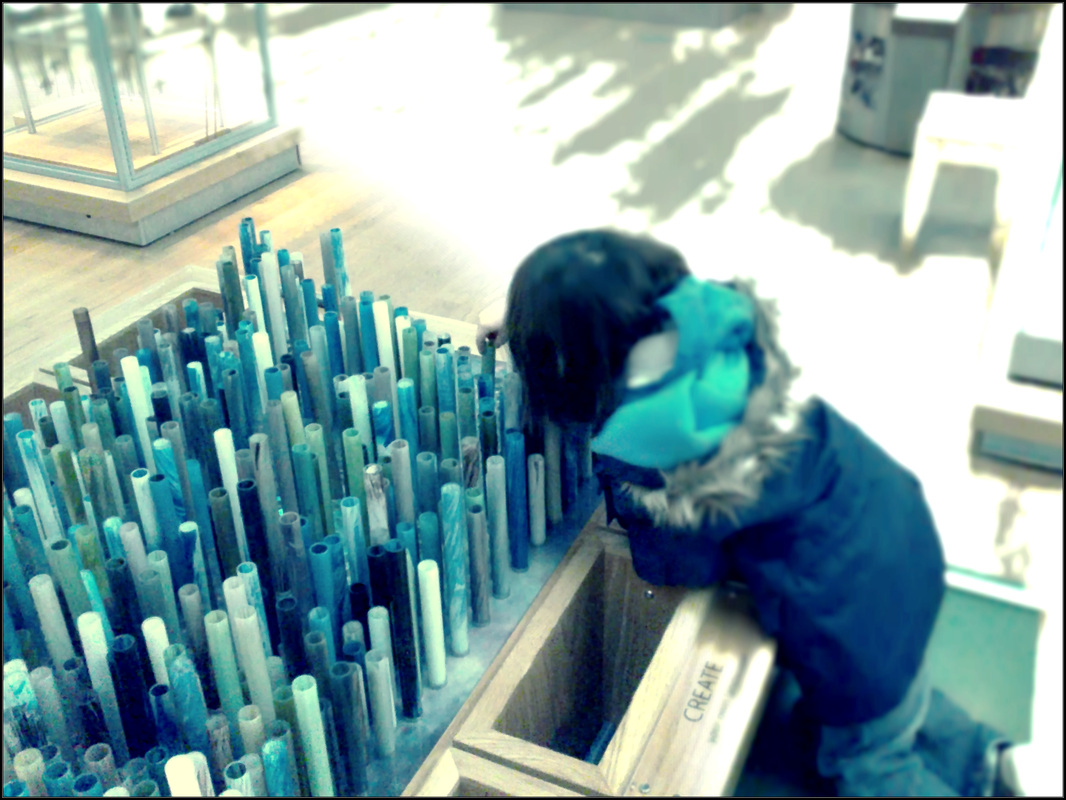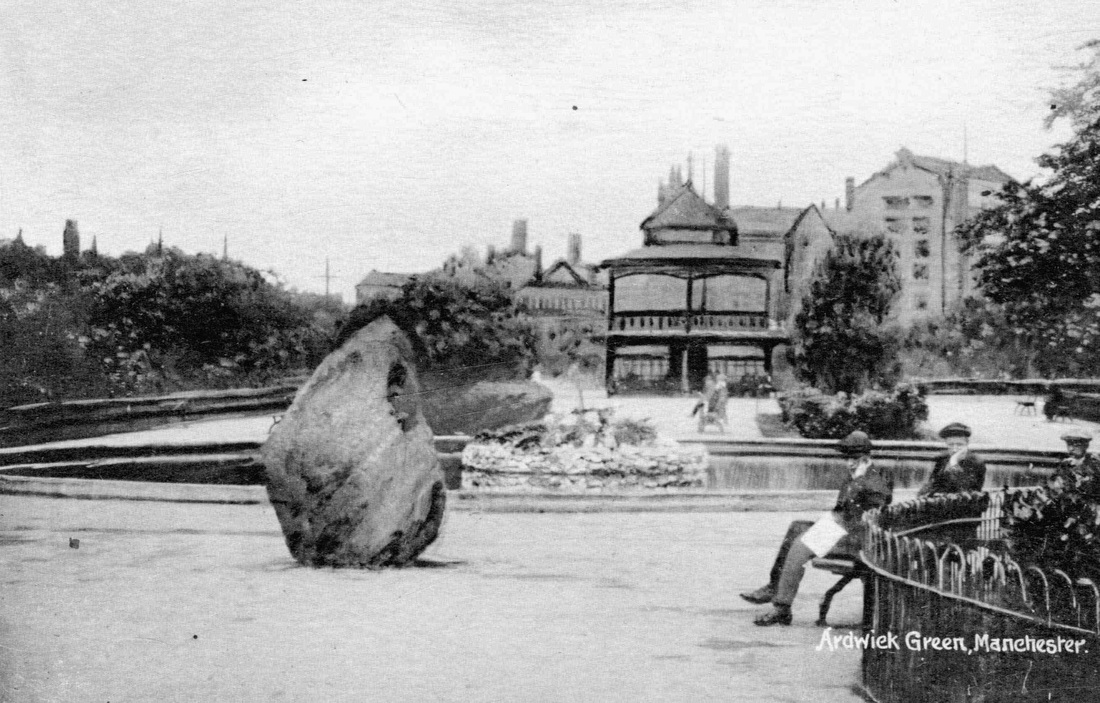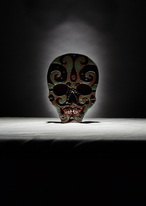|
In summer I researched and wrote a new resource for history and heritage educators on behalf of Curious Minds. Drawing together examples from across the North West, covering an array of indoor and outdoor museum and heritage locations, it explores how schools and heritage organisations have worked together to help young people learn about their local history in cross-curricular ways. It's particularly relevant to the Key Stage 2 curricula but extends to KS1 and KS3 too. Browse or download above, or from my resources page.
Each case study includes - Description of a topic or activity - Objectives and outcomes of the activity - Practical activity suggestions to include in topics / lesson plans - Top tips for planning and practicalities - Links to further resources Includes five example case studies of projects by schools and museum or heritage sites working together cover these overarching themes: - Investigating a heritage site (through the ages and a timeline) - Investigating a local street (in this instance Victorian but transferable to other periods) - Investigating a historical period (Stone, Bronze and Iron ages) - Creative engagement with maths (using the art / design of Blackpool Illuminations to cover the full KS1 & 2 maths curriculum) - Exploring the local town (in this instance a coastal town with a migratory mining history) Current History links - the lives of significant individuals in the past who have contributed to national and international achievements - significant historical events, people and places in their own locality - changes in Britain from the Stone Age to the Iron Age - a study of an aspect or theme in British history that extends pupils’ chronological knowledge beyond 1066 - ideas, political power, industry and empire: Britain, 1745-1901 With a foreward from Prof. Kerri Facer - education innovator and advocate for place-based curricula.
0 Comments
 The relationship between museums and autism first began to percolate in my mind a few years ago and slowly I've been piecing together more and more learning and thinking. It's been accelerated lately for a number of reasons, each of which has some really useful learning for the museums (and wider cultural) landscape. In no particular order, they are presented below - take whatever learning and inspiration you can from it, and apply it in some way to your own work or thinking. Change is made one step at a time... 1. "If you've met one person with autism, you've met one person with autism" People who have autism each have their own version of it. Many such people share some of the characteristics, but one person's experience of autism could be almost unrecognisable to another. (Great blog post here if you're interested in more on that theme). 2. We're slow on the uptake. Cinemas have been programming autism friendly events for a few years now. Museums can a learn a lot here from their cultural counterparts. You could look up pretty much any cinema and find an autism friendly events listing. Try it. Why should museums be different? It's hard to try and assemble a single approach to becoming more autism friendly precisely because every person with autism has their own individual version of it. Whilst a good starting point is find out what you can, and do what you can with what you have (and read point 3 below), the cinema approach has taken a few core approaches: - lower lighting levels when lights are up [to help people with extra sensitivity to bright light] - lower volume levels [for people with extra sensitivity to sound / reverberations] - trailers are removed from the show [reducing the time needed to be in a different environment or the time needed to focus] - taking own food / drinks is encouraged [special dietary needs are common with autism] - moving round the cinema is fine whilst the film is showing [because sitting still and / or quiet for long periods is a challenge for some people with autism]. Simple adaptations, no cost involved. 3. We have an excellent champion working from the inside out. She won't thank me for cheerleading her work because she's a modest and unassuming sort of person, but over on Twitter you can follow Tincture of Museum, 'Volunteer at Museum of London, Horniman Museum and Bromley Museum; blogger; mum; advocate of autism in museums'. She's a gentle and hugely effective campaigner and writes very insightfully on this subject. Maybe start with this post from her blog. 4. Collectively, the museum profession is onto a good thing. There was a great question about how to successfully, sensitively and appropriately include some particular children with autism and other conditions posted on the Group for Education in Museums email list and some brilliant insight collated and shared back around by Dr Trudie Cole, Learning and Access Manager at Poole Museum Service. You'll find it all in the document at the bottom of this post. What an incredible body of knowledge and experience museum professionals have on this subject - pretty powerful when you put it all together. Likewise, the Science Museum have their Early Birds programme offering more quiet access for children with autism (both in terms of noise and visitor hustle and bustle); Manchester Art Gallery trialled their Open Doors programme for families with children on the autistic spectrum; and the RAF Museum have recently become the UK's first cultural venue to receive The Autism Access Award from the National Autistic Society. More here and here. There are more plans afoot and more conversations being had within the museum sector to push awareness and understanding up a gear. I'm sure this will soon become a big thing for our profession. 5. You can't necessarily spot museum staff (or people in general) with autism, and it's hard to put in an employment policy. This is a strange one that came about when I saw a post on twitter asking if anyone knew of any museums who employed people with autism. It would be unethical and illegal (in the UK at least) for an organisation like a museum to give any personal information out about any of their employees. And then there are further complications which would make it difficult even if technically, they could, but I think it's worth talking about these with the intention of building more understanding about the nature of having and working with autism... On the one hand I think you'd be hard pushed to find a museum of a decent size that didn't employ someone with autism (statistically autism is currently thought to occur in between 1 in 100, and 1 in 80 people in the UK, depending on which reports you read); and many facets of museum work would naturally attract certain skills and characteristics known to be part of the autistic spectrum. On the other, who would know? Autism is invisible. There are a range of associated conditions that can accompany autism which have physical manifestations but autism itself exists and plays out within the brain first and foremost. This leads to complications about identifying employees with autism since a) a person may not know they have it - it may never have occurred to someone that they may have it, and diagnosis levels in adults (particularly women) in the UK are low for various reasons b) a person may have self-diagnosed, but have no professional confirmation - so do they have it or not? c) if they know they have it, they may or may not have chosen to let their employer (or anyone else) know d) even if a museum were to have an actual pro-autism or targeted disability employment policy, see a, b and c above So, if for some reason you're interested in finding people with autism who work in museums, try and find the people, rather than the museums. 6. More here And finally - there is a long list of autism friendly work by museums around the world here (listed by Autism Speaks, though this is not an endorsement of that organisation. If you discover a list hosted elsewhere leave a comment, I would be happy to refer elsewhere instead when possible). ... thanks to Trudie Cole and Claire Madge for their help with putting this blog post together...
 Image courtesy of Manchester Libraries, Information and Archives, Manchester City Council Image courtesy of Manchester Libraries, Information and Archives, Manchester City Council I've just recently started work on the evaluation of a year long programme hosted by Manchester Metropolitan University's Institute of Humanities and Social Science research. Entitled Creating Our Future Histories, the scheme sees 'early career researchers' (usually those who are completing a PhD, or are just about to start one / have recently finished one) working with Manchester community organisations. Each partnership is mentored by a more experienced academic. The partnerships are punctuated along the way by a series of weekend workshops combining into a professional development course on how community engagement between academics / researchers / communities might take shape. Each partnership is also expected to meet at least once between each workshop. The partner-groups are developing co-constructed plans and activities which research previously uncharted areas of the organisation's heritage, and look towards incorporating their future in a way which will become part of their heritage in years to come - there's the 'Future Histories' part. Late next Spring each group will showcase their findings in creative and public ways - many yet to be decided; though ideas are already circulating about film, video, exhibtions, time capsules and more. I'm about a month in and I'm once again struck by the many rich and hidden histories of Manchester - industry, architecture, battle and radical action, many many things which show the inventiveness and resilience of this sometimes bloody minded and often ingenius city. You can find out more about the project here and I particularly recommend the research group pages and project blogs to find out more about the organisations involved and the progress and reflections taking place.  Gothic Manchester Festival Gothic Manchester Festival Just when you thought there was nothing left for Manchester to festivalise, I'd just like to draw your attention to Gothic Manchester Festival 23-26 October, run by The Manchester Centre for Gothic Studies at Manchester Metropolitan University. I'm so excited about this on many levels. Not that excitement and goth really go together but... |
Details
...BlogI'm most interested in how the public, your public, whoever that may be, engages with culture and creativity.
And if it nurtures creativity and develops personal, social or professional skills I'm absolutely all ears. Categories
All
Archives
May 2023
|
||||||


 RSS Feed
RSS Feed
